Paul Buchheit
description: American computer engineer; created Gmail
28 results
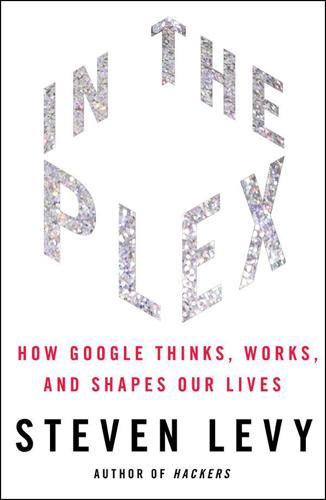
In the Plex: How Google Thinks, Works, and Shapes Our Lives
by Steven Levy · 12 Apr 2011 · 666pp · 181,495 words
, Harik and Shazeer were not the only Google engineers working on a project that analyzed content and extracted keywords that could be used for ads. Paul Buchheit, one of the first twenty-five hires at Google, was creating a web-based email system, and he had an idea for analyzing the text
…
a group for that purpose. They gathered in Charlie’s, about fifteen of them from various parts of the company, including David Krane from communications, Paul Buchheit and Amit Patel from engineering, and Joan Braddi, VP of search services. Marissa Mayer was there, as was Salar Kamangar. And Campbell. Page and Brin
…
. (Minor injuries were nonetheless common.) Another one stipulated, “Google will strive to honor all its commitments.” As Sullivan scrawled these nostrums on the big pad, Paul Buchheit was thinking, This is lame. Jawboning about citizenship and values seemed like the kind of thing you do at a big company. He’d seen
…
“Hi, here I am, and I’ve got to explain this thing that seems creepy and weird, and convince you it’s not so bad.” Paul Buchheit looked like a fourteen-year-old when he joined Google in 1999, his cherubic face crowned with wisps of blond hair. He had grown up
…
up and for Microsoft’s Hotmail to dramatically increase storage. (Yahoo Mail also followed suit.) “That was part of my justification for doing Gmail,” says Paul Buchheit of its ability to make use of Google’s capacious servers for its storage. “When people said that it should be canceled, I told them
…
convincing him to stay,” said the grim Sergey Brin at that next week’s TGIF, expressing well wishes toward its valuable sales manager.) Gmail inventor Paul Buchheit joined with Bret Taylor (who had been product manager for Google Maps) to start a company called FriendFeed. Of the eighteen APMs—Google’s designated
…
the competition for engineering talent. Google could deal with its most brilliant engineers leaving to start their own companies—classic examples were the departure of Paul Buchheit (Gmail) and Bret Taylor (Google Maps) to start a company called FriendFeed. But when Facebook bought FriendFeed, both engineers happily integrated themselves into the ranks
…
the list could literally go into the hundreds, I will dare to single out a few who took extraordinary pains to help me understand Google: Paul Buchheit, Matt Cutts, David Drummond, Urs Hölzle, Bradley Horowitz, Kai-Fu Lee, Salar Kamangar, Joe Kraus, Andrew McLaughlin, Marissa Mayer, Sundar Pichai, Andy Rubin, Amit Singhal
…
Has Left the Building,” CNET News, February 8, 2005. 166 But Maria Montessori Montessori, The Montessori Method, p. 86. Part Four: Google’s Cloud 167 Paul Buchheit Besides interviews with Buchheit and others involved in Gmail, I drew on Jessica Livingston’s extensive interview in Founders at Work: Stories of Start-Ups
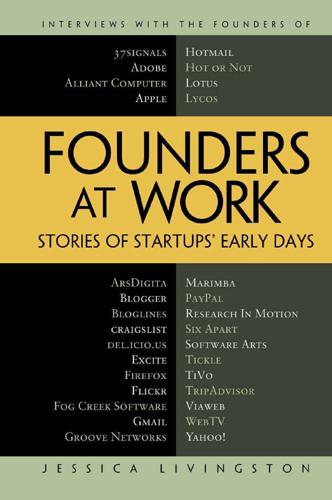
Founders at Work: Stories of Startups' Early Days
by Jessica Livingston · 14 Aug 2008 · 468pp · 233,091 words
9 TIM BRADY Yahoo. . . . . . . . . . . . . . . . . . . . . . . . . . . . . . . . 127 CHAPTER 10 MIKE LAZARIDIS Research In Motion . . . . . . . . . . . . . . . . . . . . . . . . 141 v vi Contents CHAPTER 11 ARTHUR VAN HOFF Marimba . . . . . . . . . . . . . . . . . . . . . . . . . . . . . . 153 CHAPTER 12 PAUL BUCHHEIT Gmail . . . . . . . . . . . . . . . . . . . . . . . . . . . . . . . . 161 CHAPTER 13 STEVE PERLMAN WebTV . . . . . . . . . . . . . . . . . . . . . . . . . . . . . . . 173 CHAPTER 14 MIKE RAMSAY TiVo. . . . . . . . . . . . . . . . . . . . . . . . . . . . . . . . . 191 CHAPTER 15 PAUL GRAHAM Viaweb . . . . . . . . . . . . . . . . . . . . . . . . . . . . . . . 205 CHAPTER 16 JOSHUA SCHACHTER del
…
offices for me to work in; Lesley Hathaway for all her advice and support; Alaina and David Sloo for their many introductions; and Sam Altman, Paul Buchheit, Lynn Harris, Marc Hedlund, and Aaron Swartz, who read early chapters of the book. I owe thanks to Lisa Abdalla, Michele Baer, Jen Barron, Ingrid
…
, because they have a lot of time and money to spend on these kinds of things. C H A P T E 12 R Paul Buchheit Creator, Gmail Paul Buchheit was Google’s 23rd employee. He was the creator and lead developer of Gmail, Google’s web-based email system, which anticipated most aspects
…
as sort of a side project, not because I was supposed to. And it turned out to work. Livingston: This is Google’s AdSense now? Paul Buchheit 163 Buchheit: It’s the same concept. What I wrote was just a throwaway prototype, but it got people thinking because it proved that it
…
’t. So we said, “We’ve got search, we’ll try to make that efficient.” I can handle—I don’t know how many millions Paul Buchheit 165 of messages are in my email now—but it’s not a problem. They don’t get in the way. They’re just there
…
most fun was, of course, launching. Nothing is more exciting than finally getting it out there for the world and seeing that people like it. Paul Buchheit 167 Livingston: Were there any disasters on launch day? Buchheit: Nothing major. It went surprisingly smoothly. There are always little problems but nothing so bad
…
updating data quickly. It really soaks in at a lot of levels when you have to make your latencies be very low. If you have Paul Buchheit 169 a machine that’s down, what do you do? You have to be able to respond to everything that goes wrong very quickly, so
…
of like uncertainty to some extent, because it’s a little bit of suspense and excitement and adventure, almost, right? And you can learn a Paul Buchheit 171 lot even if things don’t work out. But not everyone likes adventure. A lot of people seem to be against uncertainty, actually. In
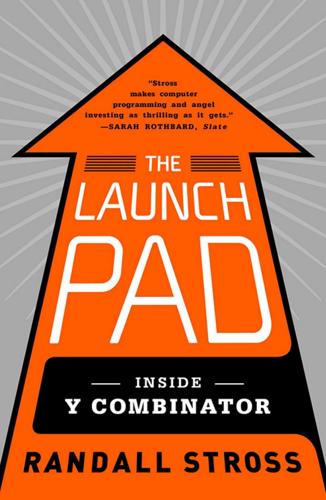
The Launch Pad: Inside Y Combinator, Silicon Valley's Most Exclusive School for Startups
by Randall Stross · 4 Sep 2013 · 332pp · 97,325 words
of founders.15 Among the highlights of the experience was the exposure at the weekly dinners to accomplished founders like Paul Graham, Evan Williams, and Paul Buchheit, a very early employee of Google, who had created Gmail. Being in such company, Harj wrote, it suddenly dawns on you that there’s actually
…
start of his next startup.25 At the same time that Harj Taggar was formally welcomed to the ranks of YC partners, so too was Paul Buchheit. Graham noted that Buchheit “was responsible for three of the best things Google has done”: developing Gmail; developing the prototype of Google’s advertising system
…
saw that, beyond the basics, there was plenty of variation. Like an academic department, YC partners were distributed across generations. Graham came of age before Paul Buchheit, who came of age before Harj Taggar, who came of age before Sam Altman. Additional coverage was provided by the other partners: Justin Kan, Emmett
…
and her two cofounders—her husband, Dan Knox, and Ryan Abbott—have been invited in for an inflection point meeting. Four YC partners—Paul Graham, Paul Buchheit, Garry Tan, and Aaron Iba—are waiting in the back room when the three come in. The last time the founders had seen the small
…
percent of that.” The $6,000 refers to the value of the contract, not to the commission. “She made three hundred bucks, though,” says Graham. Paul Buchheit wonders, “Do universities mind having postdocs also being sales reps?” Iorns answers, “The good thing about postdocs—and this is why we deliberately chose postdocs
…
as their case shows, nonfinancial complications can hamper mobility, too. • The YC partner who over the years has been the most visible angel investor is Paul Buchheit. If Paul Graham is the professor who teaches his own fully elaborated General Theory of Startups, the other Paul is not professorial at all. He
…
companies that had not exited and came up with a total of $4.7 billion.5 Most of that came from a single company: Dropbox. Paul Buchheit points out that in YC’s portfolio “the number one company is worth more than the next 199 companies combined, while number two is worth
…
. I expanded their workload with uncountable requests for information, and I also imposed upon the other YC partners and staff members: Sam Altman, Trevor Blackwell, Paul Buchheit, Kate Courteau, Aaron Iba, Justin Kan, Kirsty Nathoo, Geoff Ralston, Renee Robinson, Emmett Shear, Harj Taggar, and Garry Tan. I wish to thank all for
…
Arrington, “TechStars: Summer Camp (and Cash) for Entrepreneurs,” TC, January 25, 2007, http://techcrunch.com/2007/01/25/techstars-summer-camp-for-entrepreneurs/. 6. When Paul Buchheit pointed to TechStars’ copying the questions, he was writing as an observer of startups and seed funds; this was three years before he became a
…
YC partner. Paul Buchheit, “Did Anyone Else Notice That TechStars and Y Combinator Have the Same Application?” Paul Buchheit blog, March 26, 2007, http://paulbuchheit.blogspot.com/2007/03/anyone-else-notice-that-techstars-and-y.html
…
.com/What-does-Harjeet-Taggars-role-at-Y-Combinator-entail-and-how-did-he-become-partner-at-25. 24. “Y Combinator Announces Two New Partners, Paul Buchheit and Harj Taggar,” YC Posterous, November 12, 2010, http://ycombinator.posterous.com/y-combinator-announces-two-new-partners-paul. 25. HT, “I’m a Partner
…
/08/18/codecademy-a-slick-fun-way-to-teach-yourself-how-to-program/. 5. PG, “Student’s Guide.” 6. Paul Buchheit, “The Most Important Thing to Understand About New Products and Startups,” Paul Buchheit blog, February 17, 2008, http://paulbuchheit.blogspot.com/2008/02/most-import-thing-to-understand-about.html. 7. Livingston, Founders
…
at Work; Paul Buchheit, “Serendipity Finds You,” Paul Buchheit blog, October 24, 2010, http://paulbuchheit.blogspot.com/2010/10/serendipity-finds-you.html. 8. Buchheit was one of four cofounders of FriendFeed, which was
…
Startups Made Selling to Facebook,” SAI Business Insider, February 2, 2012, www.businessinsider.com/facebook-acquisition-shares-stock-startups-2012-2. 9. Paul Buchheit, “Angel Investing: My First Three Years,” Paul Buchheit blog, January 3, 2011, http://paulbuchheit.blogspot.com/2011/01/angel-investing-my-first-three-years.html. 10. Buchheit, “Angel Investing.” 11
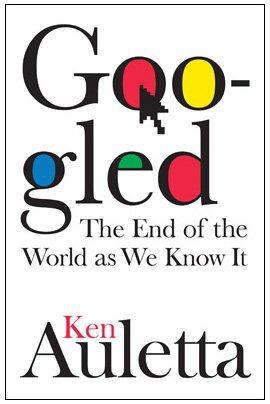
Googled: The End of the World as We Know It
by Ken Auletta · 1 Jan 2009 · 532pp · 139,706 words
. But an engineering-dominated culture has drawbacks. “In some ways, they have not done enough to communicate what they are doing internally or externally,” said Paul Buchheit, Google’s twenty-third employee, the one who coined their “Don’t be evil” motto and who left with three other Googlers to launch a
…
prospective CEO who boasted that he was an expert at the sport. (He wasn’t.) “They thought everyone they had talked to was a clown,” Paul Buchheit said. “The candidates didn’t understand technology.” Omid Kordestani said Page and Brin “knew in their gut that they wanted a fellow intellectual.” The VCs
…
that when he returned from his successful trips abroad he would touch his belly and laugh, “Body by United!” Among Schmidt’s signal accomplishments, said Paul Buchheit, was that he kept Page and Brin “focused” and “kept things on track.” Often at meetings, he said, Page and Brin would suddenly change the
…
‘ts because they reeked of corporate America and offended their sense of efficiency. They also took too long to read. After hours of exasperating discussion, Paul Buchheit blurted, “All of these things can be covered by just saying ’Don’t be evil.”‘ Within a day, engineer Amit Patel, Google employee number 7
…
first version of Gmail did not include a delete button. This had an unforeseen effect: Users feared that Google would peek at e-mails. And Paul Buchheit’s e-mail scanning software—the same program that had grown into AdSense—only fanned this fear. For Google, it was a way to make
…
need to work there anymore. And it’s not going to be fun, which will change the culture.” “Google’s become a big company,” said Paul Buchheit, who left Google in 2006 to start Friendfeed.com. “It’s a very different environment.” As with most big companies, he said “priorities become based
…
keep the culture?” IN ADDITION TO the natural concerns with rapid growth, critics both inside and outside Google believe the company has real management weaknesses. Paul Buchheit believes Google has succumbed to the disease of bigness that he says afflicts “every big company” and has become bureaucratic. There are many bottlenecks at
…
Quit Google,” Google Blogoscope, March 21, 2009. 20 “knowledge workers”: author interview with Hal Varian, March 28, 2008. 20 “In some ways”: author interview with Paul Buchheit, June 9, 2008. 21 user experience matters most: author interview with Matt Cutts, August 20, 2007. 21 “church/state wall”: author interview with Larry Page
…
Doerr and Moritz: author interview with Doerr, September 18, 2008, and Moritz, August 23, 2007. 64 “They thought everyone ... was a clown”: author interview with Paul Buchheit, June 9, 2008. 64 “they wanted a fellow intellectual”: author interview with Omid Kordestani, April 15, 2008. 64 “they were not convinced”: author interview with
…
. 73 “I’ll call you Monday morning”: author interview with Eric Schmidt, October 9, 2007. 73 He kept Page and Brin “focused”: author interview with Paul Buchheit, June 9, 2008. 73 Semel’s arrival aroused the righteous anger: Richard Siklos, “When Terry Met Jerry Yahoo,” New York Times, January 29, 2006. 73
…
interview with Terry Semel, July 10, 2008; confirmed by author interview with Eric Schmidt, March 26, 2008. 75 “Don’t be evil” : author interviews with Paul Buchheit, June 9, 2008, and David Krane, November 3, 2008; Search, John Battelle. 75 “Do you think Hitler thought he was evil?”: author interview with Andy
…
report. 215 “The story of Google today”: author interview with Danny Sullivan, August 27, 2007. 215 “Google’s become a big company”: author interview with Paul Buchheit, June 9, 2008. 215 “Google did not invent YouTube”: author interview with Scott Heiferman, January 25, 2008. 215 Growing too big and losing focus: author
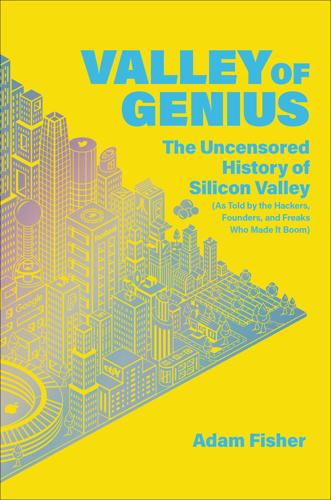
Valley of Genius: The Uncensored History of Silicon Valley (As Told by the Hackers, Founders, and Freaks Who Made It Boom)
by Adam Fisher · 9 Jul 2018 · 611pp · 188,732 words
the companies that started out as search companies introduced advertising and then compromised the search in favor of the advertising, so nobody trusted the search. Paul Buchheit: Companies would just mix the ads in with the regular search results so people would think it was a search result. It’s kind of
…
so disingenuous. It was like a religious thing with them, so they wanted to make sure that nobody would mistake Google ads for search results. Paul Buchheit: Sometime in early 2000 there was a meeting to decide on the company’s values. They invited a collection of people who had been there
…
also wanted something that, once you get it in there, would be hard to take out. Brad Templeton: “Don’t be evil” was the phrase. Paul Buchheit: It just sort occurred to me. Sergey Brin: We have tried to define precisely what it means to be a force for good—always do
…
the right, ethical thing. Ultimately, “Don’t be evil” seems the easiest way to summarize it. Paul Buchheit: It’s also a bit of a jab at the other companies, especially our competitors, who at the time were, in our opinion, kind of
…
: Which was “because you are paying per click or per lead, now we’re going to take your ad and put it on different websites.” Paul Buchheit: AdSense, the content-targeted ads, was actually something that, if I recall, I did on a Friday. It was an idea that we had talked
…
sports ad.” And we were saying, “No. We can actually look at the page in real time and figure out what this page is about.” Paul Buchheit: What I wrote was just a throwaway prototype, but it got people thinking because it proved that it was possible, and that it wasn’t
…
the late nineties. The Nudist on the Late Shift is still, in this writer’s informed opinion, the best book ever written about that era. Paul Buchheit was a very early Google employee. He coined the phrase “Don’t Be Evil,” which became Google’s corporate motto. He built the AdSense prototype
…
Morning, “An Hour with Larry Ellison,” and in the commencement speech he gave at the University of Southern California in 2016. I’m Feeling Lucky Paul Buchheit’s quotes are found in the book Founders at Work by Jessica Livingston. Susan Wojcicki’s quotes can be found in Jefferson Graham’s USA
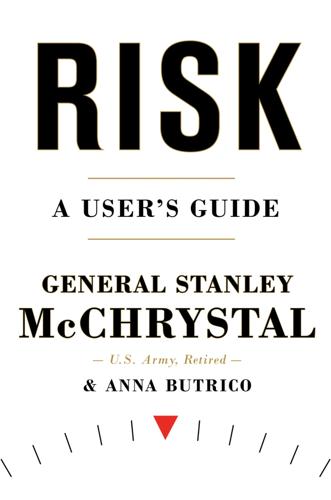
Risk: A User's Guide
by Stanley McChrystal and Anna Butrico · 4 Oct 2021 · 489pp · 106,008 words
can undermine confidence and committment. Brand Damage. Untrue or ineffective brand narratives can destroy the credibility of our products and businesses. Don’t Be Evil Paul Buchheit, Google’s twenty-third employee, had a sense of humor. He was sitting in a meeting in early 2000 to discuss and choose the company
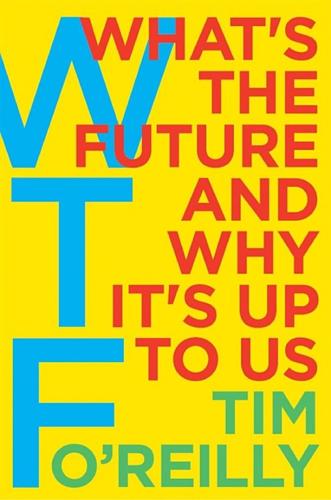
WTF?: What's the Future and Why It's Up to Us
by Tim O'Reilly · 9 Oct 2017 · 561pp · 157,589 words
is understood to belong to all makes Norway one of the happiest and wealthiest countries in the world. For a technology perspective, I turned to Paul Buchheit, creator of Gmail and now a partner at Y Combinator, and Sam Altman, the head of Y Combinator. In a 2016 conversation, Paul said to
…
“the creative economy” is limited to entertainment and the arts. Creativity is the focus of a competition for accumulation as intense as any that characterizes Paul Buchheit’s machine money. It is at the heart of industries like fashion, real estate, and luxury goods, all of which depend on the competition among
…
, Sebastian Thrun, Yann LeCun, Joaquin Quiñonero Candela, Mike George, Rana Foroohar, Robin Chase, David Rolf, Andy Stern, Natalie Foster, Betsy Masiello, Jonathan Hall, Lior Ron, Paul Buchheit, Sam Altman, Esther Kaplan, Carrie Gleason, Zeynep Ton, Mikey Dickerson, Wael Ghonim, Tim Hwang, Henry Farrell, Amy Sellars, Mike McCloskey, Hank Green, Brandon Stanton, Jack
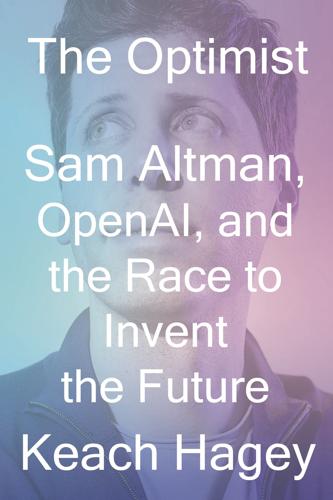
The Optimist: Sam Altman, OpenAI, and the Race to Invent the Future
by Keach Hagey · 19 May 2025 · 439pp · 125,379 words
$2 million investment round that Sequoia led, joined by a smattering of angel investors including Ron Conway, an early investor in Google and Facebook, and Paul Buchheit, the creator of Gmail. (That winter class would end up including Airbnb, which McAdoo led Sequoia’s investment in, one of the biggest wins to
…
them, we’ll have to grow proportionally bigger.”2 The problem was that Graham’s method of working did not, in Valley-speak, “scale.” As Paul Buchheit, the creator of Gmail who became one of YC’s earliest and most devoted angel investors and partners, put it, “PG’s a really great
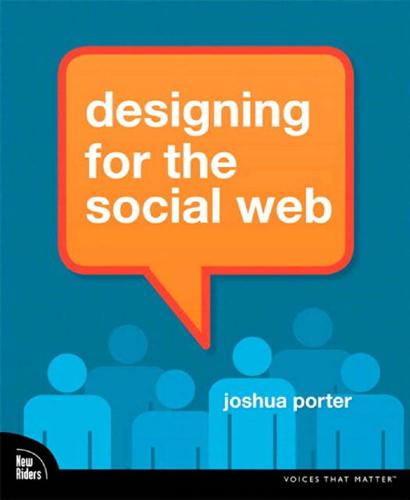
Designing for the Social Web
by Joshua Porter · 18 May 2008 · 201pp · 21,180 words
. They experiment with methods to overcome people’s natural resistance to change, providing migration paths and clear benefits for each improvement. The Building of Gmail Paul Buchheit describes the release early, release often evolution of Gmail: I wrote the first version of Gmail in one day. It was not very impressive. All

Golden Gates: Fighting for Housing in America
by Conor Dougherty · 18 Feb 2020 · 331pp · 95,582 words
, in 2013. A year later RealCrowd raised $1.6 million in seed funding from investors including Initialized Capital, a San Francisco venture capital firm, and Paul Buchheit, a former Google engineer who created Gmail and is credited with suggesting “Don’t Be Evil” as the company’s former motto. Fawning industry articles
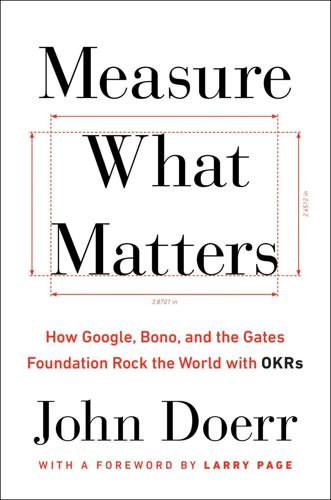
Measure What Matters: How Google, Bono, and the Gates Foundation Rock the World With OKRs
by John Doerr · 23 Apr 2018 · 280pp · 71,268 words
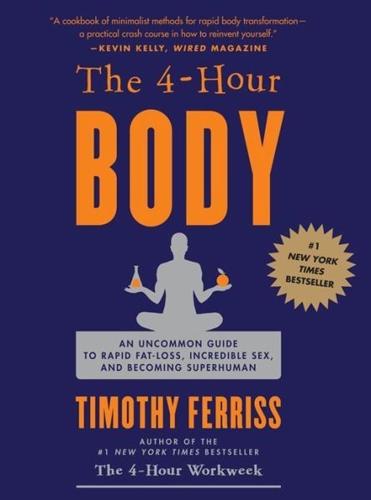
The 4-Hour Body: An Uncommon Guide to Rapid Fat-Loss, Incredible Sex, and Becoming Superhuman
by Timothy Ferriss · 1 Dec 2010 · 836pp · 158,284 words
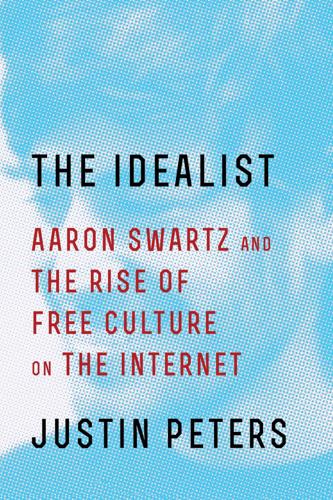
The Idealist: Aaron Swartz and the Rise of Free Culture on the Internet
by Justin Peters · 11 Feb 2013 · 397pp · 102,910 words
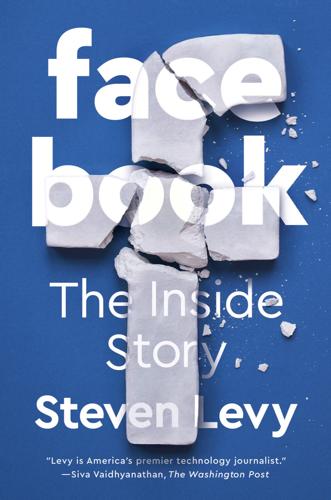
Facebook: The Inside Story
by Steven Levy · 25 Feb 2020 · 706pp · 202,591 words
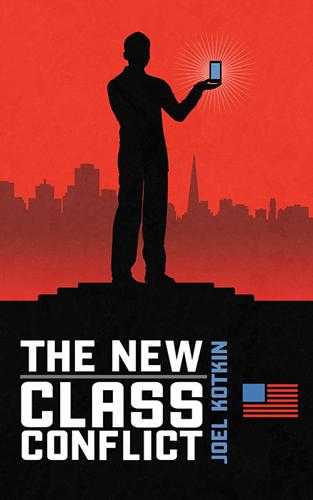
The New Class Conflict
by Joel Kotkin · 31 Aug 2014 · 362pp · 83,464 words
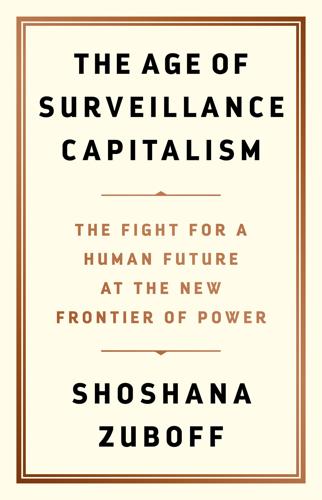
The Age of Surveillance Capitalism
by Shoshana Zuboff · 15 Jan 2019 · 918pp · 257,605 words
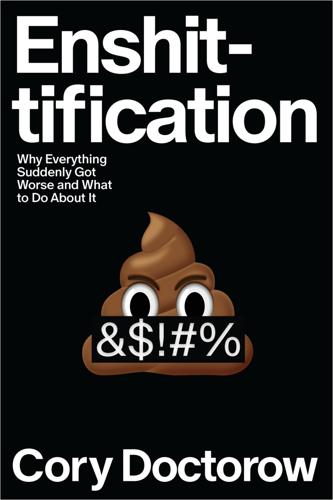
Enshittification: Why Everything Suddenly Got Worse and What to Do About It
by Cory Doctorow · 6 Oct 2025 · 313pp · 94,415 words
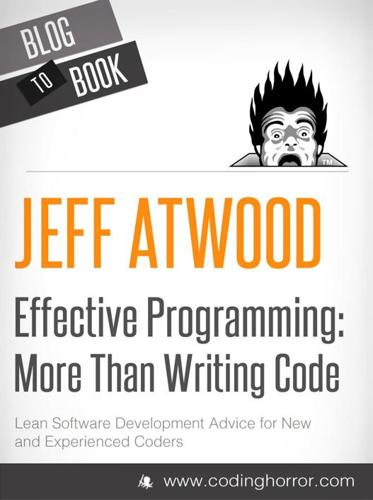
Effective Programming: More Than Writing Code
by Jeff Atwood · 3 Jul 2012 · 270pp · 64,235 words
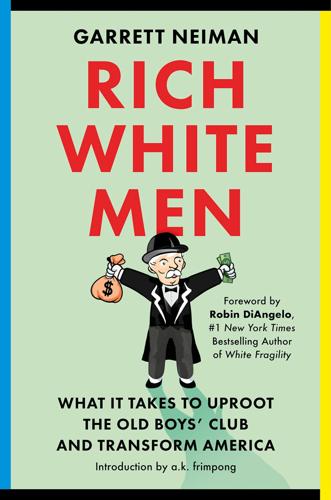
Rich White Men: What It Takes to Uproot the Old Boys' Club and Transform America
by Garrett Neiman · 19 Jun 2023 · 386pp · 112,064 words
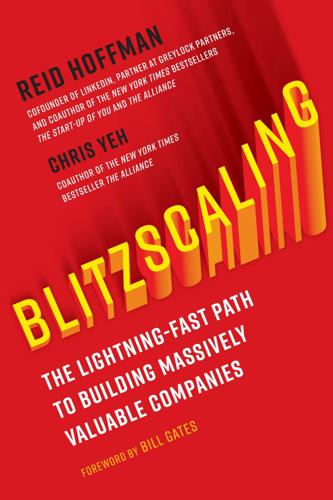
Blitzscaling: The Lightning-Fast Path to Building Massively Valuable Companies
by Reid Hoffman and Chris Yeh · 14 Apr 2018 · 286pp · 87,401 words
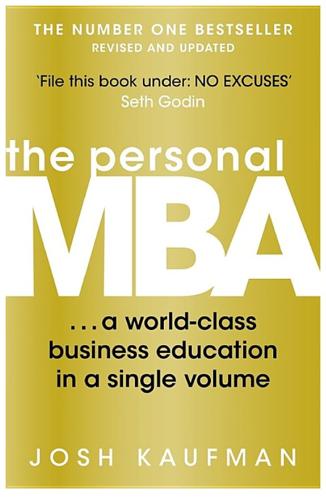
The Personal MBA: A World-Class Business Education in a Single Volume
by Josh Kaufman · 2 Feb 2011 · 624pp · 127,987 words
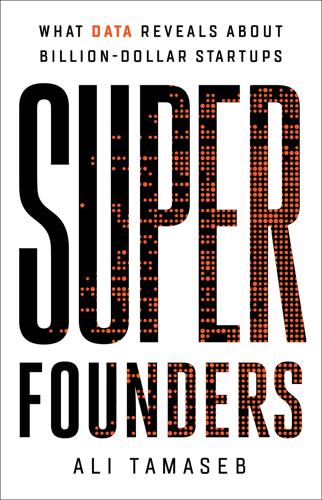
Super Founders: What Data Reveals About Billion-Dollar Startups
by Ali Tamaseb · 14 Sep 2021 · 251pp · 80,831 words
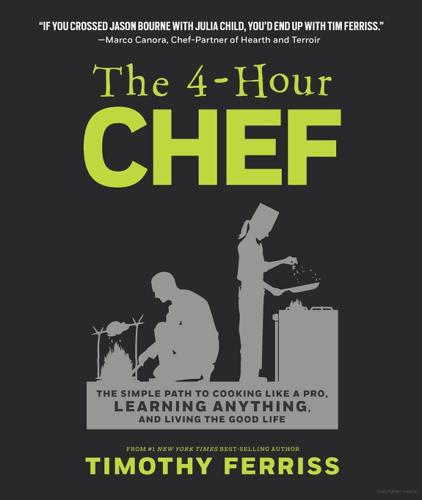
The 4-Hour Chef: The Simple Path to Cooking Like a Pro, Learning Anything, and Living the Good Life
by Timothy Ferriss · 1 Jan 2012 · 1,007pp · 181,911 words
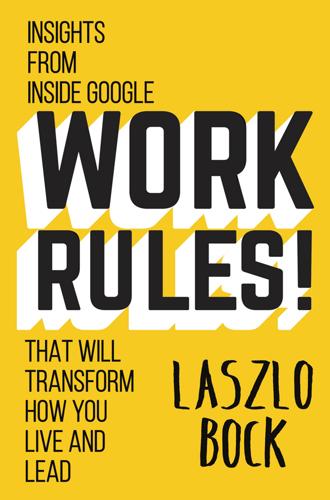
Work Rules!: Insights From Inside Google That Will Transform How You Live and Lead
by Laszlo Bock · 31 Mar 2015 · 387pp · 119,409 words
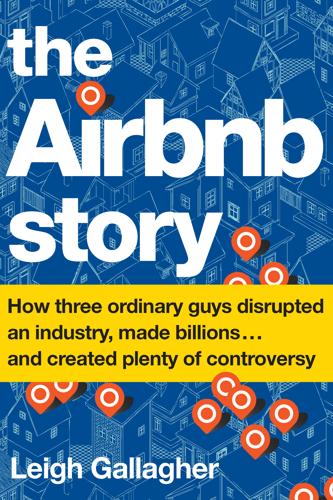
The Airbnb Story: How Three Ordinary Guys Disrupted an Industry, Made Billions...and Created Plenty of Controversy
by Leigh Gallagher · 14 Feb 2017 · 290pp · 87,549 words
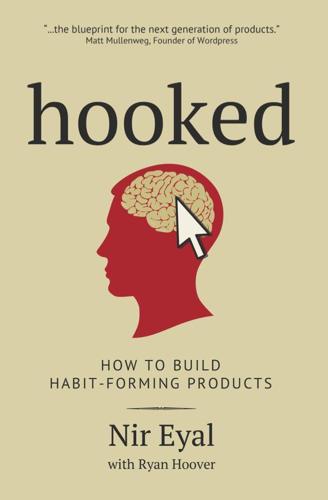
Hooked: How to Build Habit-Forming Products
by Nir Eyal · 26 Dec 2013 · 199pp · 43,653 words
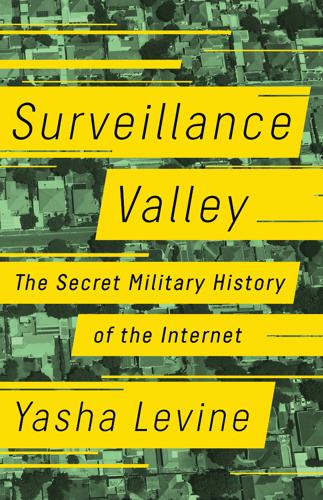
Surveillance Valley: The Rise of the Military-Digital Complex
by Yasha Levine · 6 Feb 2018 · 474pp · 130,575 words
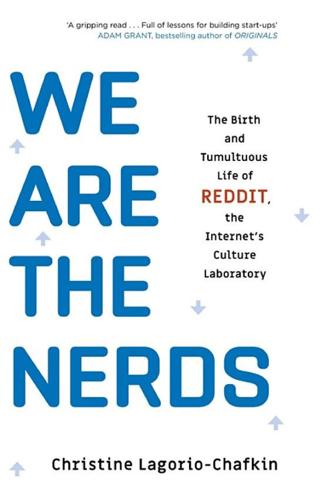
We Are the Nerds: The Birth and Tumultuous Life of Reddit, the Internet's Culture Laboratory
by Christine Lagorio-Chafkin · 1 Oct 2018